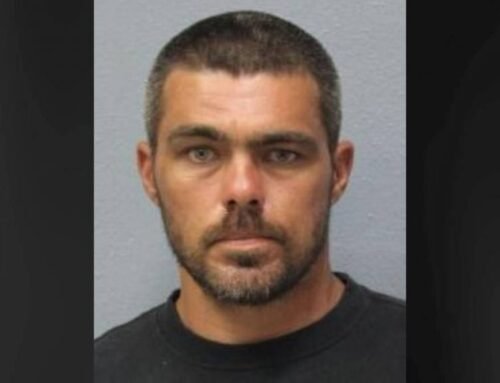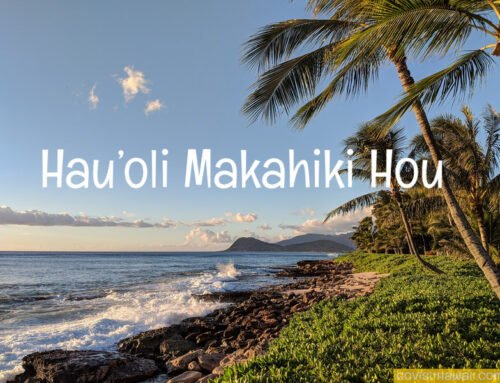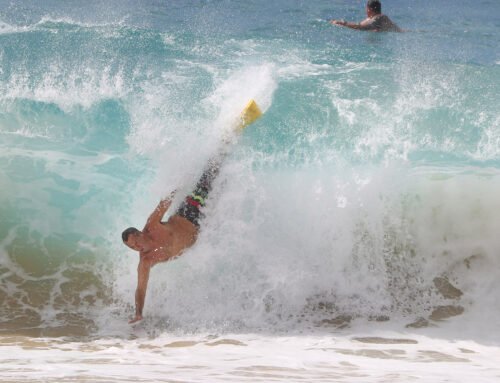Amidst the ashes left by the catastrophic fires in Lahaina, the world is measuring the disaster’s dimensions. But even the word “disaster” seems insensitive to the true, incalculable size of horror.
Harrowing stories are emerging from the survivors, including those who barely survived with the skin on their back. And then there are stories we will never hear from those who have perished. Unimaginable pain. Unspeakable horror.
In any disaster, the best and worst of human tendencies emerge. Stories of bravery and selflessness of those aiding others in the heat of the fires, even risking their own lives, to help even strangers. Consolatory donated goods from afar. Quick housing placements. Perhaps most importantly, the care and love for each other, the accompaniment of being present with others.
Understandably, people are trying to make sense of why this tragedy happened, asking questions and demanding answers: the wind, the water, the grass, the sirens, the power lines, this or that official, the government, colonialism, economic development, climate change, etc.
Amidst the grief, empathy has also emerged from around the world. You have a connection to Maui: you visited on holiday, or your uncle lives there. For whatever reason, you care about Maui. There is a feeling, however fleeting, that the “them” could be “us.” This relatability transforms into empathy: we are the same.
With tourists visiting Maui numbering in the millions annually, Maui has made many connections with those who visited as a tourist. Such pedestrian mass tourism, the engine of Hawaii’s economy, has made Maui remarkably relatable to Americans. While relatability is generally good, social media also cheapens empathy, flawed by a superficial, if not vain, quality.
On the other hand, it’s worth reflecting that the opposite is also true: the lack of relatability leads to lack of empathy. I am embarrassed to reveal that I hardly paid any attention to the wildfires in Greece, or California, or anywhere else. Those disasters were ignorable, happening to “other” people. The “them” was not “us.”
But when consolatory messages from my Greek friends came earlier than others, and as I read news about wildfires in Greece and elsewhere, I realized that perhaps my friends from Greece related to Maui’s wildfires. Thanks to the Maui wildfires, I now see clearly my own human bias for my home state, Hawaii.
Are humans necessarily so petty, that it’s only when we’ve experienced something that we consider that others might experience something similar? What other forms of human pain have I ignored because I had not lived it?

The wonder yet strangeness of empathy is that we can imagine another’s pain as one’s own. We can imagine what it is like to stand in someone else’s skin. We might even have the brave wish to remove their pain, transforming empathy into compassion.
Of course, I cannot know what it was like during those explosive wildfires. It is arrogant to think that I could understand the unknowable pain of others. Yet somehow, through this imagined relatability, we shine a light on the deep ignorance that we are different. Empathy and humility naturally emerge.
As my teacher, the venerable Cheng Yen, once said, “Great kindness though we are unconnected, great compassion as of one body.” This simple teaching, universal to all religions, is a call to love those unconnected or even estranged from us.
Aloha, too, transcends the narrow confines of our individualistic, selfish concerns to consider others as though we are them.
How will we ever recognize that climate change doesn’t happen somewhere else, but is happening to us right now? The world is facing multiple disasters concurrently, including wildfires raging in Canada, not to mention several other disasters throughout the year.
Climate change causes more frequent and more extreme weather, from droughts and wildfires to flooding and famine. To say that we live on an interconnected planet, sharing the same home called earth, breathing the same air and drinking the same water, seems both incredibly trite yet profound.
If I am to desperately find a silver lining from the catastrophe, I pray that, with this broad but fleeting empathy, we might awaken to the horror of climate change and to bravely address the true root causes of our pain.







Leave A Comment